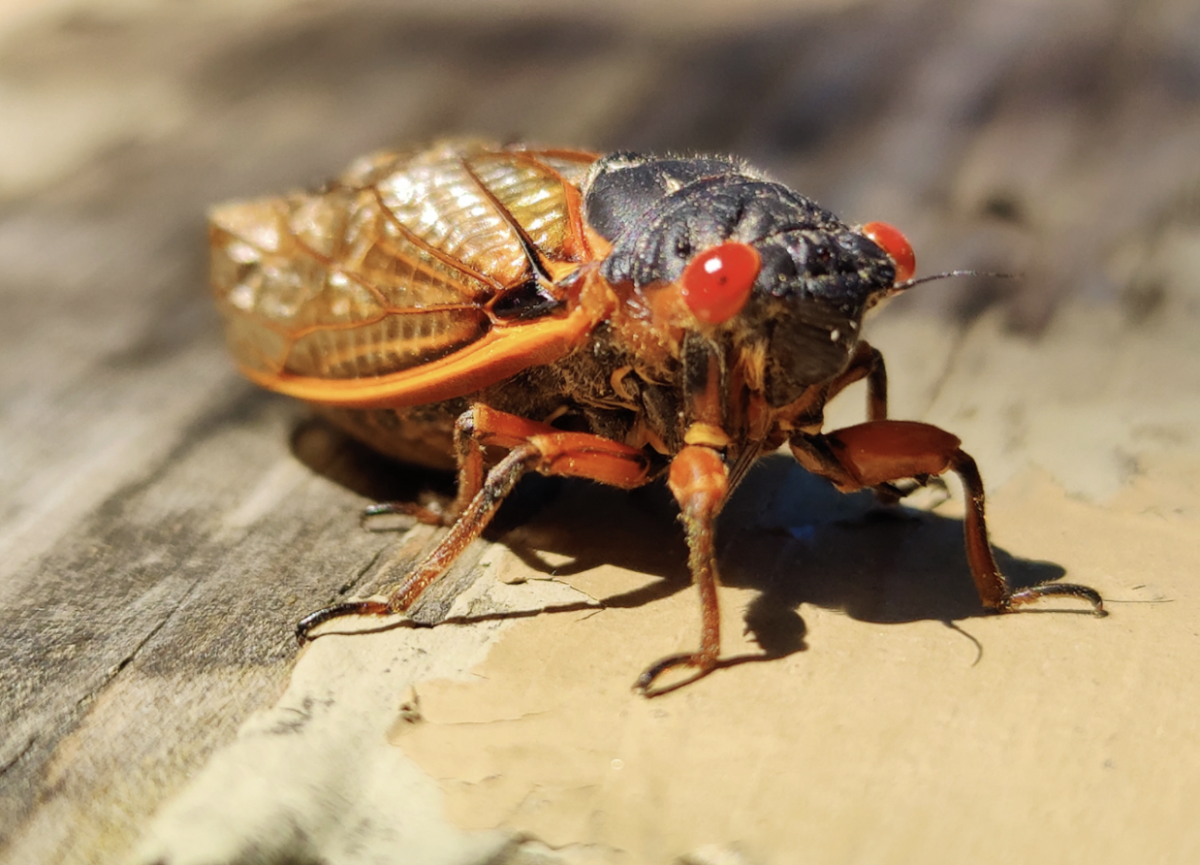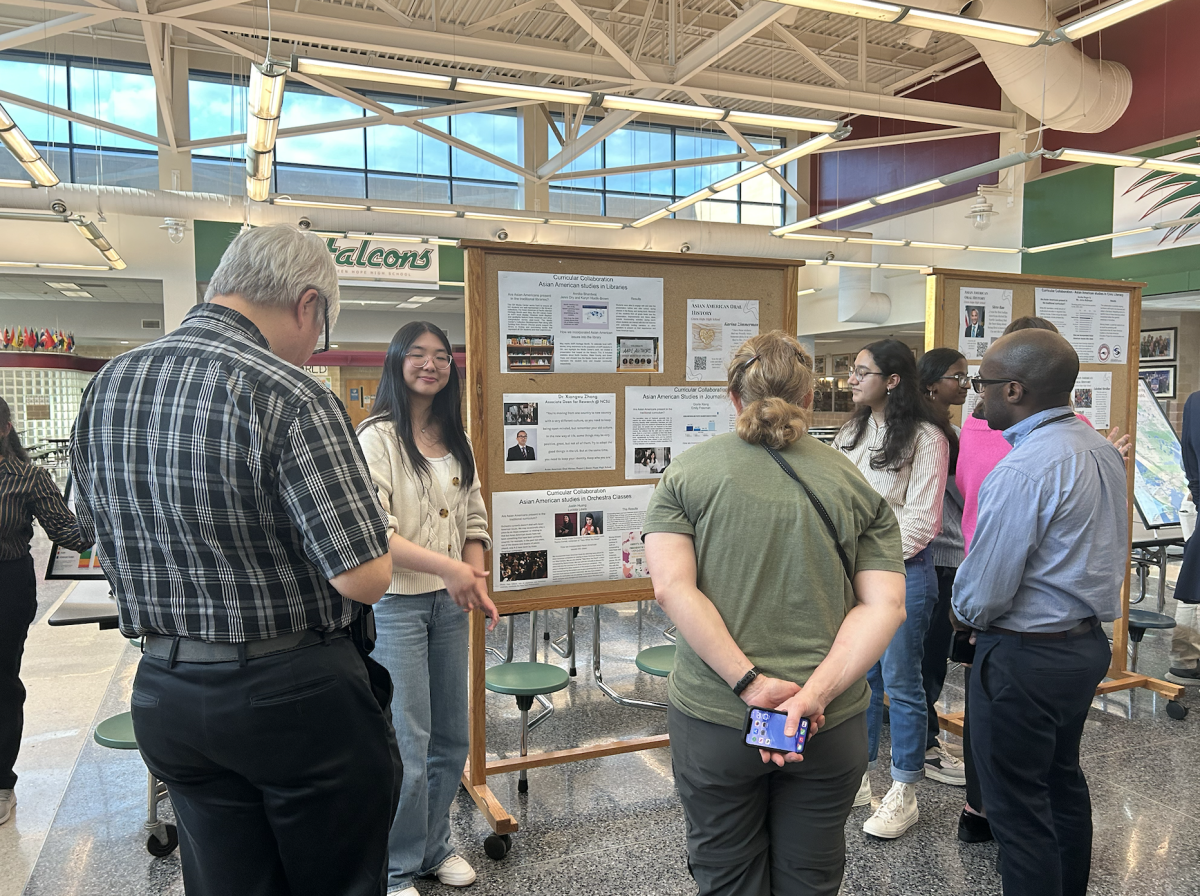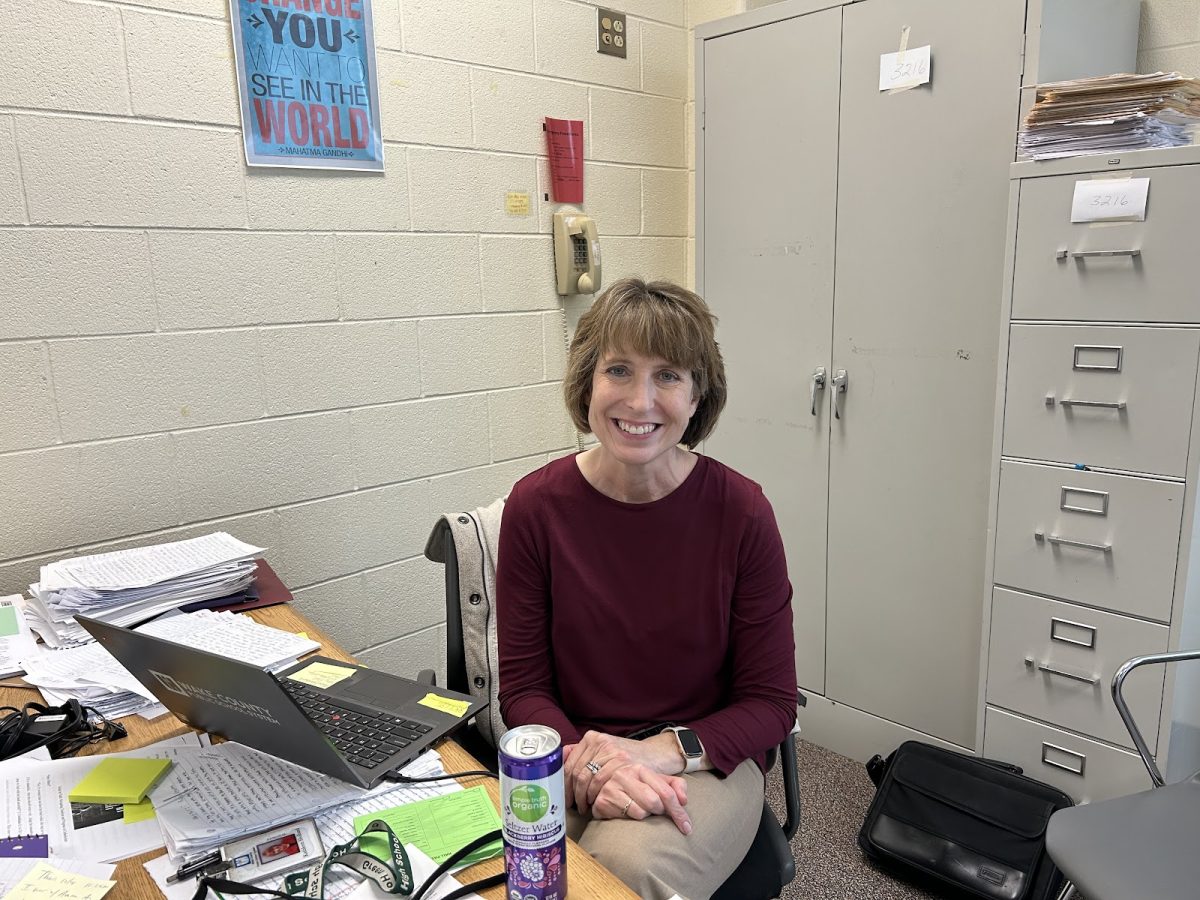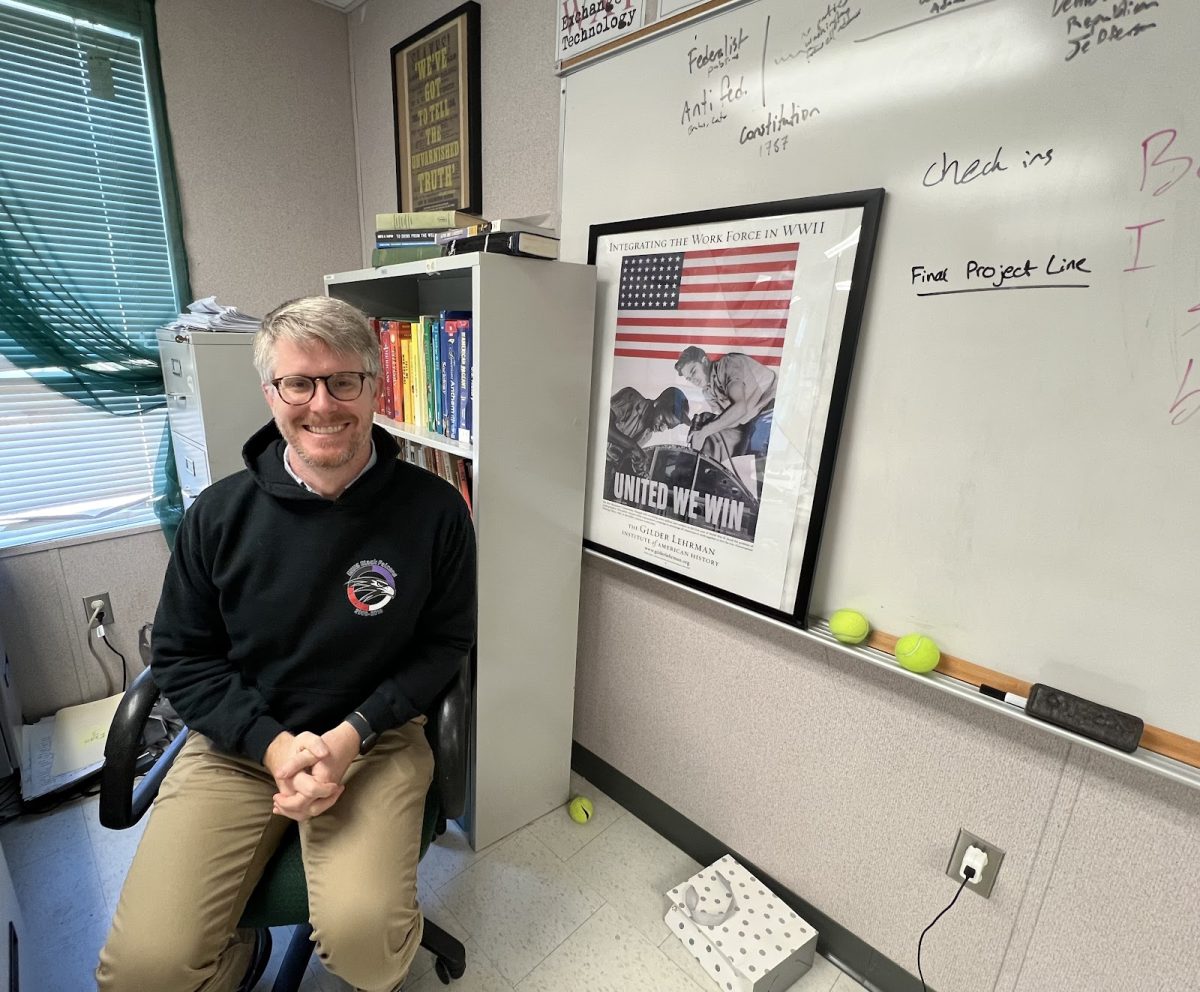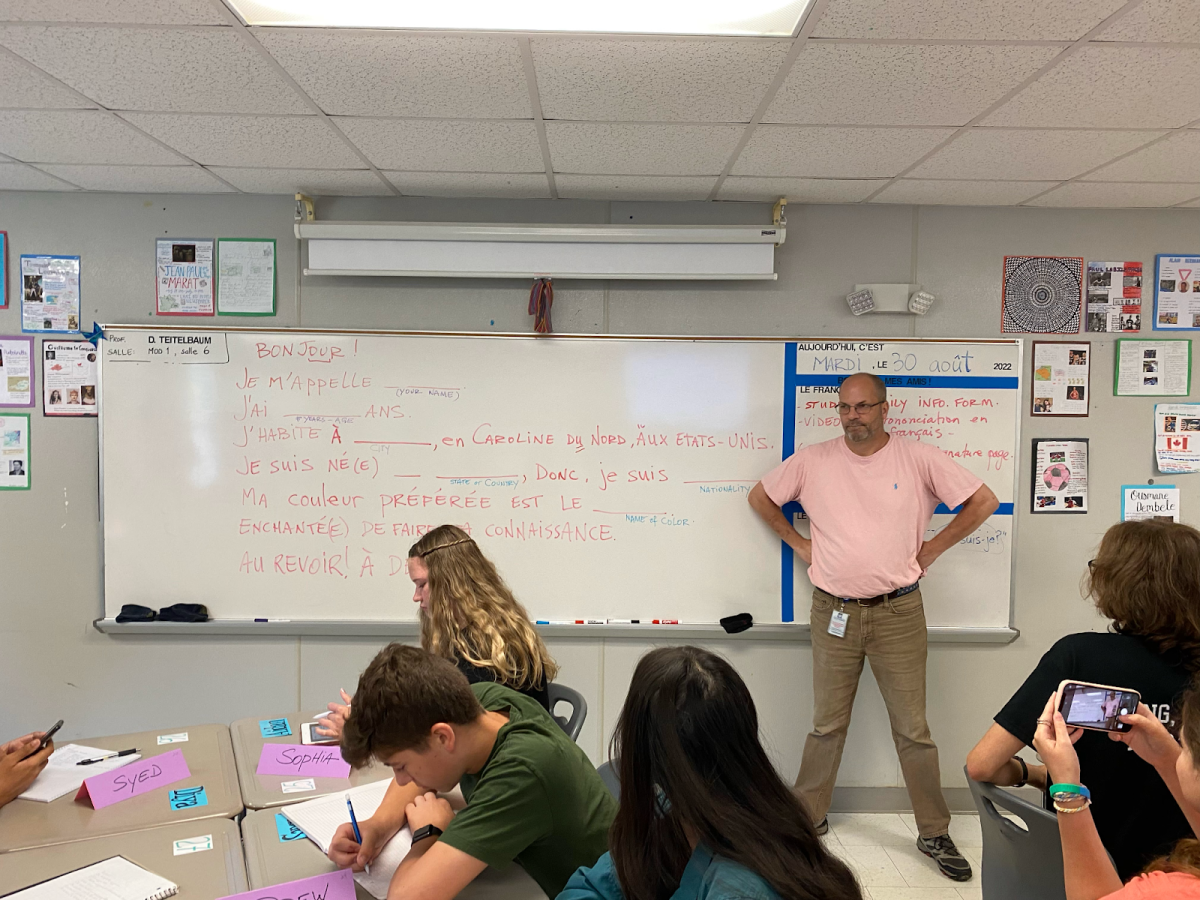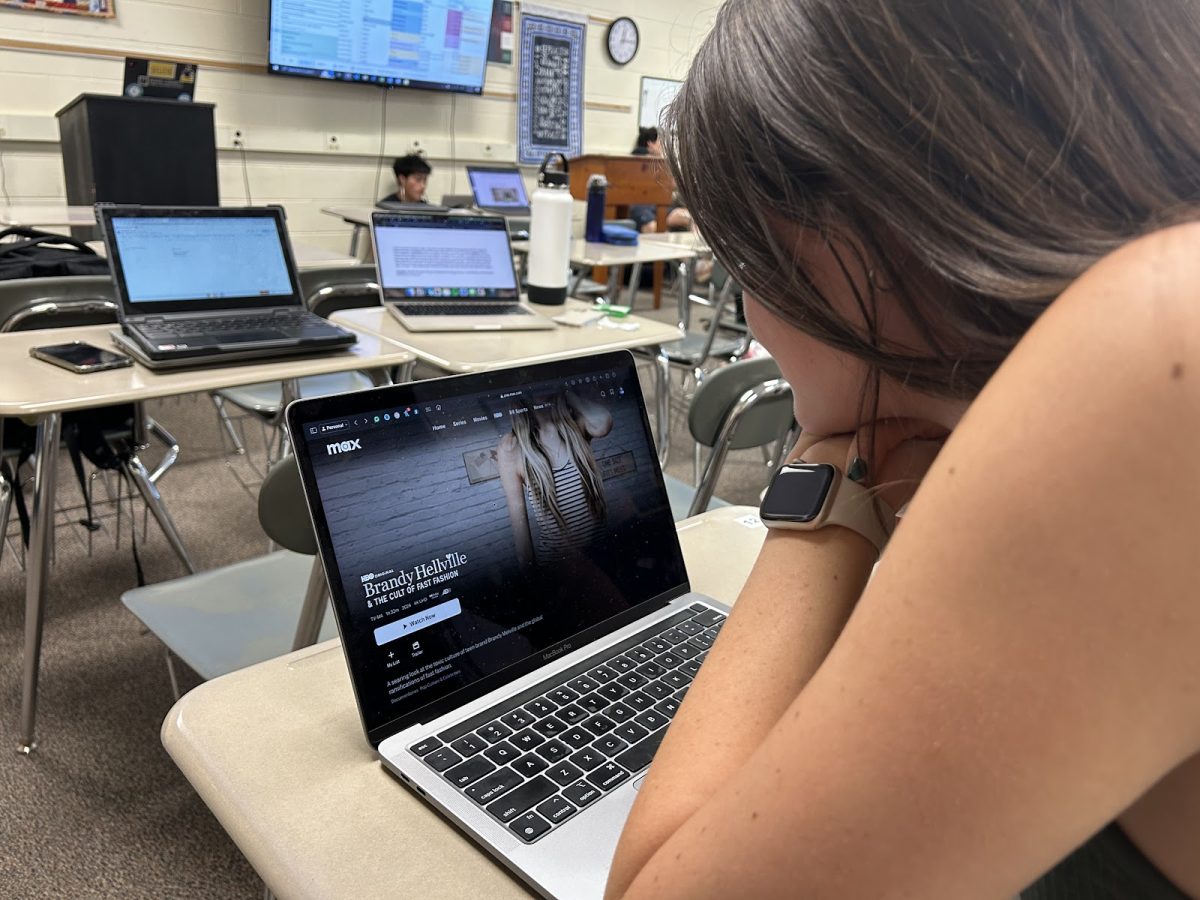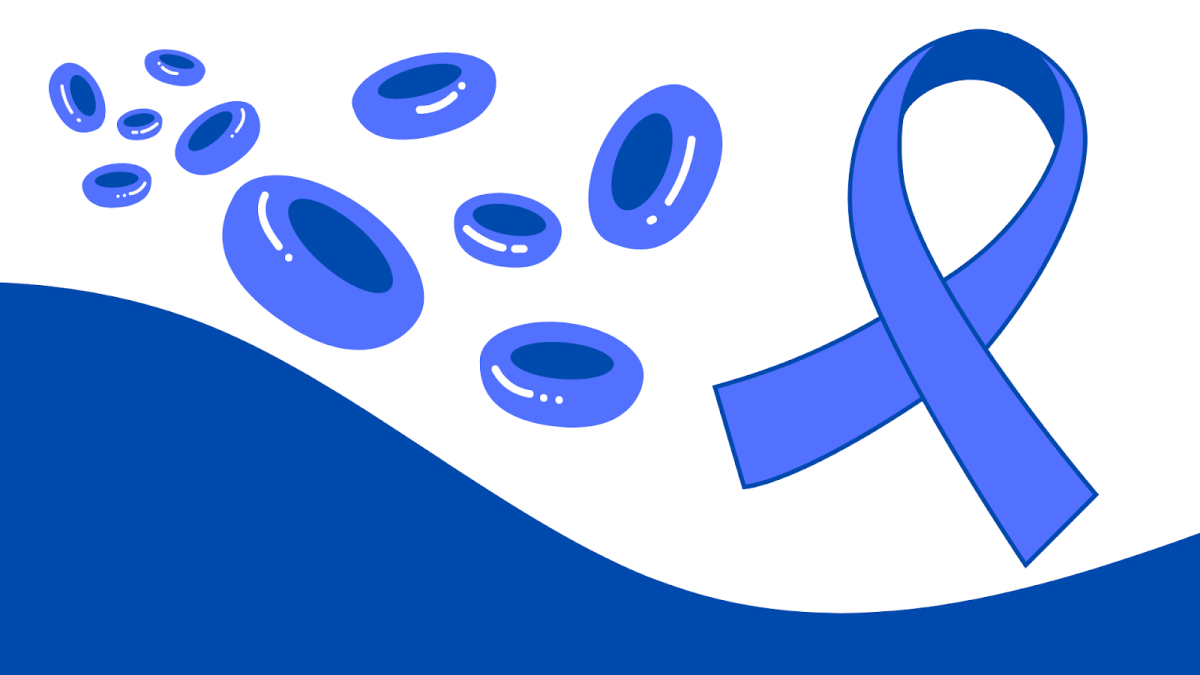As March unfolds, it comes with an imperative narrative – one of advocacy, resilience and unwavering determination.
March marks Colorectal Cancer Awareness Month, a dedicated time to shedding light on a disease that impacts millions worldwide. According to the Colorectal Cancer Alliance (CCA), the month was first established by former President Bill Clinton in February 2000. This month serves as a platform to inform, educate and motivate individuals to take proactive steps towards prevention and early detection.
Every year, around 106,590 people — 54,210 men and 52,380 women on average — are diagnosed with colorectal cancer. Colorectal cancer affects the cells in the colon of the gastrointestinal tract, and is characterized by the abnormal growth and division of cell tissue.
Colorectal cancer starts with the formation of noncancerous rectal polyps that develop on the inner lining of the colon; the cancer then metastasizes into the polyps, creating cancerous tumors within the rectum. These tumors cause a change in bowel patterns, inducing frequent diarrhea or constipation. Along with bowel abnormalities, rectal bleeding, abdominal pain or discomfort and sudden unintentional weight loss are also symptoms caused by colorectal cancer. Symptoms often don’t show up initially. Rather, they are frequentlysubtle or nonspecific to colorectal cancer, in many cases going undetected, explaining the high mortality rates with this disease.
Scientific research indicates that cancer results from genetic predisposition and environmental factors. Advancing age is a significant risk factor: most cases are diagnosed in individuals over 50. Family genetics also play a crucial role, as certain hereditary syndromes like familial adenomatous polyposis (FAP) or Lynch syndrome increase the likelihood of developing colon cancer. Chronic inflammation of the colon, for example from diseases like Crohn’s disease and ulcerative colitis, also heightens susceptibility to colorectal cancer. Lifestyle factors, including diets high in red and processed meats, low fiber intake, sedentary lifestyles, smokin and excessive alcohol consumption further contribute to the risk of developing colorectal cancer.
Colorectal cancer can lead to death in many ways as the disease progresses. Initially, cancerous cells may spread to surrounding tissues within the colon or rectum, causing structural damage and impairing normal bowel function. As the tumor grows, it can obstruct the passage of stool, leading to symptoms such as severe abdominal pain, bowel obstruction and the eventual perforation of the bowel wall.
Furthermore, colorectal cancer has a high tendency to metastasize, spreading to distant organs such as the liver, lungs or prostate. Metastatic spread can cause organ dysfunction, leading to life-threatening complications. In advanced stages, colorectal cancer can also compromise the body’s ability to absorb nutrients, leading to severe malnutrition and weakness. The aggressive nature of the disease may render treatment options less effective, allowing cancer to grow unchecked.
Karen Montieth, a colorectal cancer survivor and North Carolina Ambassador for Fight for Colorectal Cancer, shared her journey through her diagnosis and treatment. Monteith initially experienced unusual symptoms such as chest pain and vomiting which was misdiagnosed as a heart attack. After enduring several misdiagnoses and hospital visits, Monteith’s persistence led to the discovery of a cancerous tumor during a colonoscopy in November 2021. After her diagnosis of Stage 3C Colorectal Cancer, she underwent chemotherapy.
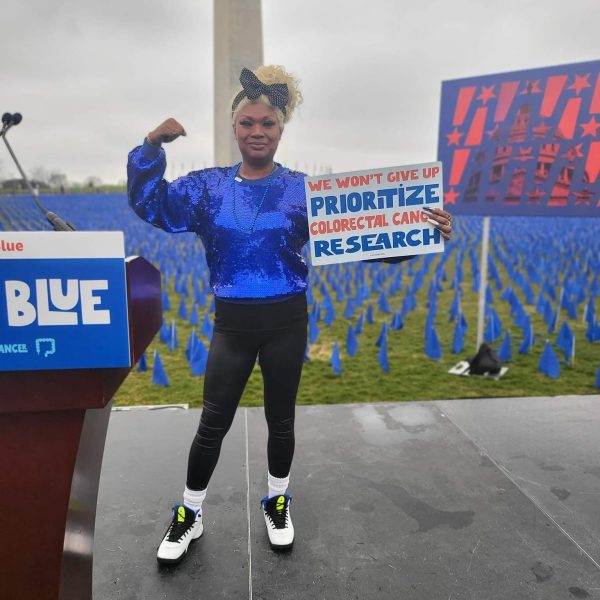
Throughout her battle, Montieth struggled with her mental health and juggling different aspects of her life. “I felt broken, ugly, alone and could not understand why I had to give this cancer that I never heard of before,” she said.
However, after two years of battling cancer, Monteith’s experience as a survivor shaped her advocacy and involvement in raising awareness about the sickness.
“My life was centered around making sure my family life was functioning, [but] I had to learn to take time out for myself, to take care of me,” she said. “I stopped putting off things that I have always wanted to do and if anything arises, I am jumping at the opportunity to do it because tomorrow is not promised. I had to learn to stop and not work through lunch because I need that time to maintain me and my health mentally and physically. I had to learn to slow down.”
Colorectal Cancer Awareness Month extends beyond survivors – it also celebrates caregivers such as Green Hope English teacher, Ms. Melanie Diorio. Ms. Diorio recounts her journey supporting her husband through his battle with colorectal cancer until late 2021. In an interview with the GH Falcon, she touched on her personal experience navigating her husband’s diagnosis.
“It was very, very difficult. Towards the end, it was hard to see him change as a person because he was getting sicker and sicker and sicker. That part was really difficult – almost not recognizing him for the end and because he was just a strong personality to begin with. To see him go through that was extremely upsetting and difficult,” she said.
Ms. Diorio opened up about the profound emotional turmoil she faced while fulfilling her role as her husband’s primary caregiver.
“I would get pretty down and sad about the situation […] the doctors were hopeful for him – he was young and strong,” she said. “But he was diagnosed at stage four already. The fact that he lived for about five years after that is pretty remarkable for that late of a stage. Often I would get down and depressed, and he would help lift me up, ironically. He helped me get through it, too. I would often say, ‘Why does this have to happen? Why is this happening to us?’ And I remember his answer was, ‘because I can handle it.’ That helped me feel a little better. His outlook on it helped me.”
Ms. Diorio continues to honor her husband’s struggle throughout his battle during Colorectal Cancer Awareness Month.
“He would definitely want people to become more aware of this issue and for people to know that there are a lot of resources out there to help. It’s really, really important to have a strong support system. Otherwise, I don’t think we would have been able to get through it, like our families, help support us, you know, emotionally, things like that. So without them, I don’t think we would have been able to get through it,” she said.
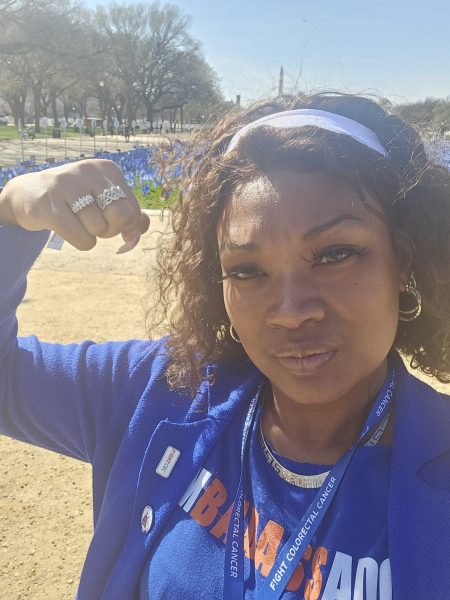
Several organizations around the country support and promote colorectal cancer cwareness among young people, such as the Colorectal Cancer Alliance.
Michael Sapienza, CEO of CCA is an advocate for early screening and detection. Founded on March 18, 1999, the CCA has made a significant impact on cancer prevention.
In addition to promoting early cancer screenings, the alliance has also made strides in providing support to those battling the disease. Initiatives such as toll-free helplines, health equity funds, online support hubs and in-person walks and events are some of the many things they have accomplished. CCA also works closely with their Medical Scientific Advisory Committee, a group of medical professionals specialized in areas related to Colorectal Cancer.
In an interview with the GH Falcon, Sapienza touched on the statistics behind the disease.
“In 2024, an estimated 152,810 people will be diagnosed with colorectal cancer in the U.S., and an estimated 53,010 will die — making this disease the second-leading cause of cancer death overall,” Sapienza said.
He also elaborated on recent scientific surveys. “New data from the American Cancer Society reveals colorectal cancer is now the leading cause of cancer-related death among men under 50 and the second leading among women under 50. The disease has a 91% survival rate when caught early, yet 80% of 45-49 year olds are not getting screened, and even more (92%) of uninsured 45-49 year olds are not getting screened. As the world’s leading nonprofit organization dedicated to ending the disease, the CCA is on a mission to drive up screening rates and reverse those trends by spreading prevention awareness.”
To mitigate the risk of developing colorectal cancers, individuals can take preventive measures such as maintaining a balanced diet, engaging in regular physical activity, limiting alcohol consumption, and avoiding tobacco use.
Regular screening is also essential, typically starting at age 45 to 50 for average individuals, and earlier for those with a family history or other risk factors. Individuals may test for cancer through colonoscopy, fecal occult blood tests (FOBT), stool DNA tests, flexible sigmoidoscopy, virtual colonoscopy, and capsule endoscopy. Early detection through screening can lead to more effective treatment and improved outcomes.
As advocates encourage people to take preventative measures against cancer, some continue to support those struggling with the illness.
“I was in a dark place for a long time, but within the last year I told myself ‘If you do not like what you are having to endure, then get up and fight.’ I must fight and advocate for myself first so I can be strong enough to fight and advocate for others, so others will not have to go through what I am.” said Montieth. “You become a survivor the day you are diagnosed because from that point on every day you get through is survival at its best.”
Ms. Diorio shared small actions she took to honor the month. “I always wear my bracelet this month to commemorate [the month] and to bring it to the forefront because it doesn’t really get a whole lot of press. There are a lot of foundations out there who focus on this cancer and do fundraisers and events for survivors and for and to honor those who have passed away from the cancer,” she said, explaining the services these events offer as well. “A lot of these foundations give out tips and things for early screenings and colonoscopies and to be careful with diet as well.”
These services are critical to saving lives, Sapienza added. “Colorectal cancer can develop silently, without symptoms, until it is in the later stages of the disease, so it’s critical for people to start screening at the recommended age of 45 or sooner if they are at high risk. Screening can prevent colorectal cancer through the detection and removal of precancerous growths called polyps, before they have a chance to turn into cancer,” he said.
“Screening is a simple thing to potentially save your life.”

